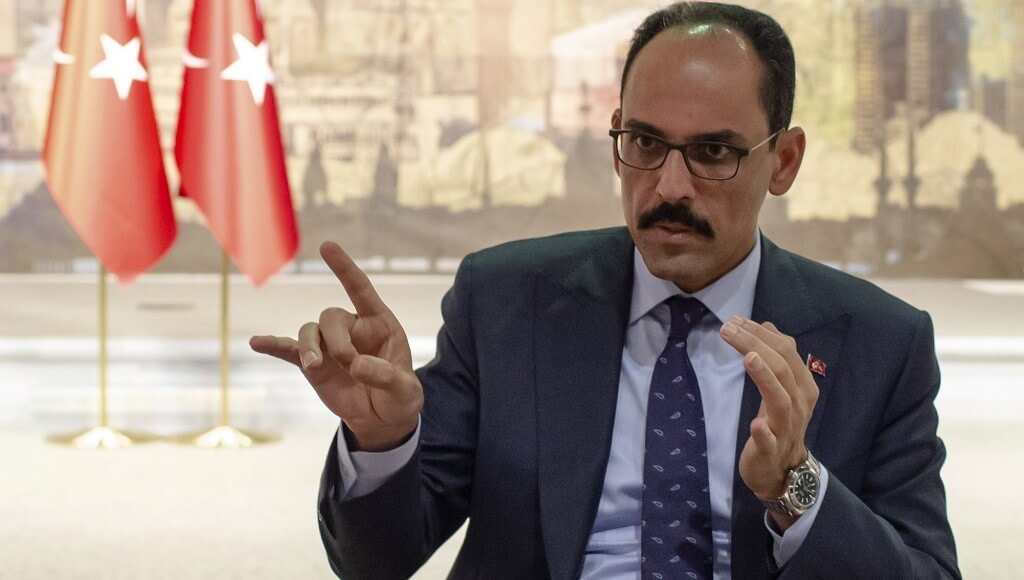İbrahim Kalın, who was appointed head of the National Intelligence Organization (MİT) in early June, has had access blocked to hundreds of news articles, columns and social media posts about him amid rising internet censorship in the country, according to the Freedom of Expression Association’s (İFÖD) EngelliWeb initiative.
Kalın, a long-time confidant of President Recep Tayyip Erdoğan who has served as his spokesperson and foreign policy advisor since 2014, succeeded Hakan Fidan, who had led Turkey’s intelligence since 2010.
The İstanbul 4th Criminal Court of Peace on Nov. 6 blocked access to hundreds of news articles and social media posts between 2014 and 2023 that mentioned Kalın based on complaints filed by the spy chief that said the news pieces and social media posts violated his personal rights.
According to the Kronos news website, the list of the banned online content spans a full 24 pages in the court decision, with numerous news websites, including Kronos and the Qatar-based Al Jazeera, as well as the Hürriyet, Cumhuriyet, BirGün, Milli Gazete and Sözcü newspapers, among the media organizations whose content has been blocked upon Kalın’s request.
One of the news articles for which Kalın requested an access ban was an interview by journalist Sevinç Özarslan from Kronos with Günal Kurşun, a legal expert and human rights activist who was removed from his job as an assistant professor at the faculty of law at Çukurova University in southern Turkey. Kurşun was among more than 130,000 public servants who were removed from their jobs by emergency decrees in the aftermath of a failed coup in the country in 2016 under the pretext of an anti-coup fight.
In that post, Kurşun made a reference to the now-closed English language Today’s Zaman daily, saying, “Both of us used to write for Today’s Zaman; I was dismissed, while İbrahim Kalın became the MİT Chief.”
Kurşun, just like Kalın, used to be a columnist for Today’s Zaman, a sister newspaper to Turkey’s best-selling newspaper Zaman, which was closed down by the government in the aftermath of the coup attempt on July 15, 2016, in addition to dozens of other media outlets.
X, formerly known as Twitter, rejected Kalın’s request for an access block and removal in relation to the post.
Another tweet for which Kalın sought an access ban was from Mehmet Bekaroğlu, a former MP from the main opposition Republican People’s Party (CHP). In the post that X refused to remove, Bekaroğlu mentions that Kalın graduated from the history department and completed his doctorate in philosophy, adding that he finds it “quite amusing” to think of a philosopher becoming the head of an intelligence organization.
Turkish courts, which are criticized for acting on orders from President Erdoğan and his government, are quick to ban online content that includes criticism or accusations against the government or pro-government figures.
According to a report from the US-based nonprofit Freedom House last month, internet freedom in Turkey has steadily declined over the past decade, with the country again ranking among the “not free” countries concerning online freedoms.



